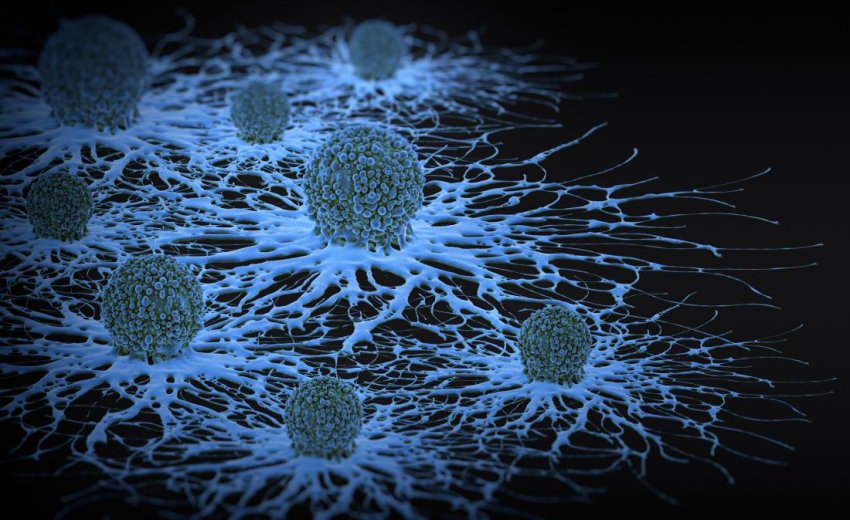Stress is a defense mechanism of our body to a perceived threat. It helps in the protection of our body and helps in avoiding dangerous situations. Some stress is good for us but beyond some limits, the stress can affect our health. Some scientific studies suggest stress can also cause cancer.
When our brain perceives some danger then a combination of nerve and hormone signals are sent to the adrenal glands and these glands produce hormone adrenaline which starts the stress response. Stress can be categorized into 2 types, acute and chronic.
Acute stress is short-lived and is because of minor issues like an argument with a family member, getting late to work, or not being able to meet the deadline to complete some project. Acute stress can show up in the form of sweating, increased blood pressure, rapid heart rate, and pain in the stomach. These symptoms are temporary and get resolved when the situation improves.
Chronic stress happens when the stress response is activated for a prolonged time. It can severely affect the health of an individual. Chronic stress can be because of living in an abusive relationship, living with some illness for a long time, or caring for somebody sick in the family for a long time and having financial problems. Chronic stress can lower immunity and can cause fertility issues. Chronic stress can cause cardiovascular and gastrointestinal diseases. Chronic stress can cause sleeping problems and can also make the person anxious and depressed. The effects of chronic stress are long-term.
Chronic stress can also be responsible for causing cancer. Some theories suggest that stress in life can predispose an individual to cancer. Continuous activation of the stress response can be responsible for the growth of cancer cells as well as their spread throughout the body. Our immune system has the potential of catching and killing cancer cells. Chronic stress weakens the immune system and makes it dysfunctional in targeting cancer cells. Chronic stress causes inflammation and many studies suggest that inflammation causes cancer. For example, patients suffering from chronic inflammatory bowel diseases like Crohn’s disease and ulcerative colitis tend to have chronic inflammation and are at a higher risk for colorectal cancer. Some people when under stress start overeating, smoking, and start consuming excessive alcohol to cope with stress. These unhealthy habits have also been shown to contribute to the risk of getting cancer in some of the studies.
A study conducted in 2017 suggests that work-related stress was associated with a higher risk of prostate cancer. Another study conducted in 2016 showed that in the pancreatic cancer mice model when mice were exposed to stress, their immune system became weak and after 5 weeks the mice exposed to stress had larger tumors and a reduced survival rate.
In another case-control study of 87 breast cancer patients and their controls the role of life events, important emotional losses, difficult life situations, and psychological characteristics were studied and it was found that breast cancer patients had significantly more poignant life events, important losses, and difficult life situations before the discovery of the breast tumor than controls. This study emphasizes the role of stress in the development of cancer.
Along with the suggestion that chronic stress can cause cancer, there is also some evidence suggesting that stress can increase tumor growth and metastasis. Metastasis is the spread of cancer cells to distant organs. It has been observed in ovarian, breast, and colorectal cancer that stress can cause cancer cells to move to distant organs and grow there. It has been found that in patients living under stress after being diagnosed with cancer and undergoing harsh treatment the growth of cancer cells increases and they also spread fast in the body.
Many studies are supporting that stress can cause cancer, increase the growth of existing cancer cells, and is also responsible for spreading them fast in the body. Cancer is a multifactorial disease and stress is one of the reasons for the development of cancer.





